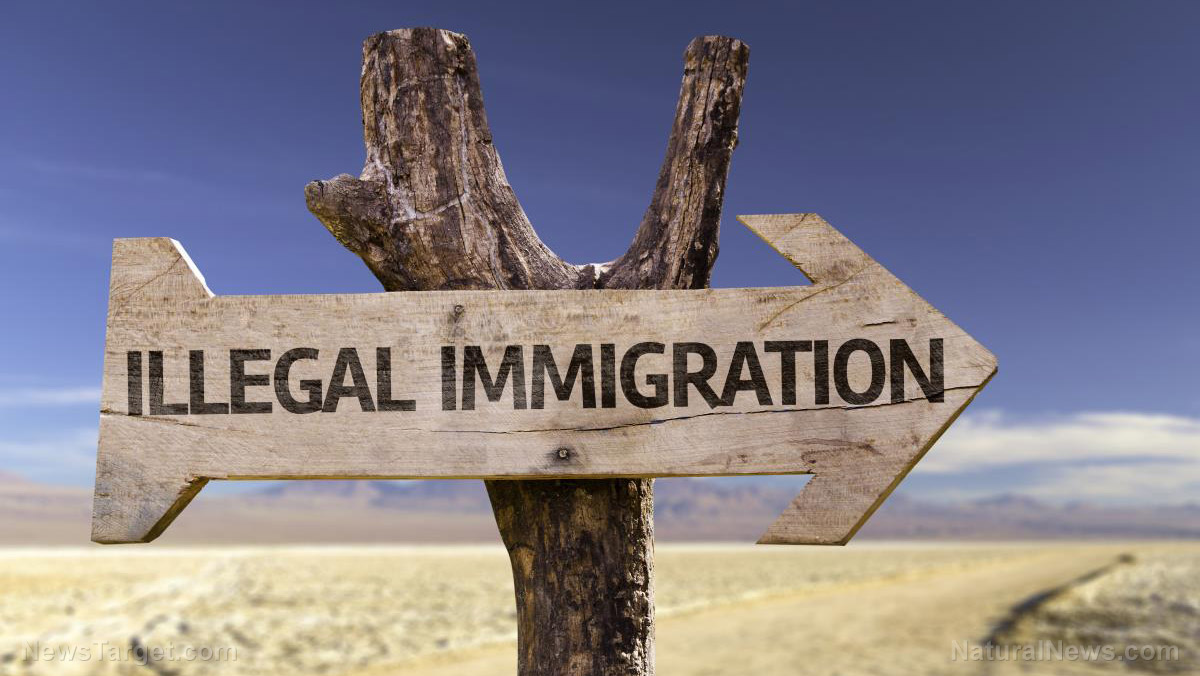Understanding the multifaceted dance of economic inequality: Insights from Thomas Sowell's "Wealth, Poverty and Politics"
- Thomas Sowell argues in "Wealth, Poverty and Politics" that economic outcomes arise from a complex interplay of geography, culture, demographics and politics, not single factors like genetics or systemic discrimination. Progress depends on aligning multiple prerequisites (e.g., trade access, cultural values).
- While geography (e.g., trade routes, isolation) influences development, it's not deterministic. Diasporic communities (e.g., overseas Chinese, Jews) thrive by leveraging human capital even in disadvantaged environments.
- Cultural attitudes toward work and education significantly shape prosperity. However, cultures can adapt, as seen in Scotland's and Japan's rapid transformations when embracing new values like openness to trade.
- Redistribution and welfare systems often ignore systemic issues (e.g., demographic disparities) and may erode human capital (initiative, resilience) by disincentivizing productivity and education.
- Sowell advocates for evidence-based policymaking, rejecting ideological certainty. True equity requires grappling with history’s lessons and the multifaceted drivers of poverty and wealth.
Thomas Sowell's "
Wealth, Poverty and Politics" is far more than a conventional exploration of economic disparities. It challenges entrenched narratives about inequality and poverty, urging readers to confront stubborn facts rather than rely on emotionally satisfying but often misguided assumptions.
Sowell, a towering figure in economics and social theory, dismantles simplistic explanations for economic outcomes. He instead argues that success – or its absence – stems from a complex interplay of geographic, cultural, demographic and political factors. His work compels us to reevaluate how we understand wealth creation, poverty persistence and the unintended consequences of well-meaning policies.
A central theme of Sowell's analysis is that economic success rarely hinges on a single cause. Contrary to popular narratives that attribute disparities to genetics, exploitation or systemic discrimination alone, he demonstrates that progress requires multiple prerequisites functioning in tandem.
Nations or groups lacking even one critical factor – whether access to trade routes, certain cultural values or institutional stability – may stagnate for generations, only to surge forward once that missing element is acquired. Historical examples abound: 18th-century Scotland and 19th-century Japan leapt from relative backwardness to technological and economic prominence once they integrated key developmental factors.
Conversely, China faltered during centuries of isolation but is now reclaiming its position by reengaging with the world. This pattern, Sowell notes, disproves deterministic explanations of poverty or wealth.
Geography, while influential, is not destiny. Sowell highlights how physical environments can enable or constrain progress. Ancient Greece benefited from its proximity to the advanced civilizations of the Middle East, just as navigable waterways in Europe facilitated trade and innovation.
Yet geographic advantages alone are insufficient. Sub-Saharan Africa's historical isolation, due in part to its lack of navigable rivers, limited exposure to external ideas and technologies.
However, Sowell cautions against geographic determinism. Human agency can overcome such barriers, as seen in diasporic communities like the overseas Chinese and Jews, who thrived in unfamiliar environments by leveraging their human capital.
Culture, too, plays a pivotal role. Attitudes toward work, education and entrepreneurship often correlate with economic outcomes. British cultural values, for instance, helped shape the prosperity of its former colonies. Meanwhile, the
delayed industrialization of Japan in the late 19th century reflected its prior insularity.
Yet Sowell rejects cultural determinism, emphasizing that cultures evolve. The rapid transformation of Japan and Scotland illustrates how shifts in values such as embracing education or openness to trade can catalyze progress.
Human capital – skills, knowledge and cultural priorities – emerges as another critical variable. Immigrants from backgrounds that prize self-reliance and learning, like Lebanese traders or Jewish refugees, frequently outperform native populations in host countries even when starting with few material resources.
This underscores Sowell's broader point: Policies disregarding the cultivation of human capital risk perpetuating dependency. He critiques welfare states not out of indifference to poverty but from concern that such systems can erode the very traits – initiative, adaptability and resilience – that enable upward mobility.
Perhaps most provocatively, Sowell interrogates the unintended harms of policies designed to alleviate inequality. Efforts to redress income gaps via wealth redistribution or preferential treatment often ignore deeper systemic issues like demographic disparities in age or fertility rates that drive economic outcomes.
Worse, such measures can incentivize counterproductive behaviors such as disincentivizing work or education.
His critique is not a dismissal of social justice, but a plea for precision. Solutions must align with reality, not rhetoric.
Ultimately, "Wealth, Poverty and Politics" is a call for intellectual humility. Sowell urges us to abandon monocausal explanations and acknowledge the intricate, often uncomfortable truths shaping economic life.
The book's lesson is clear:
Meaningful progress demands a clear-eyed engagement with history, data and the multifaceted nature of human societies. For policymakers and citizens alike, this means replacing ideological certainty with curiosity – and recognizing that the road to equity is as complex as the world it seeks to change.
Watch this video about the book
"Wealth, Poverty and Politics" by Thomas Sowell.
This video is from the
BrightLearn channel on Brighteon.com.
Sources include:
Brighteon.ai
Brighteon.com
 Parler
Parler Gab
Gab










